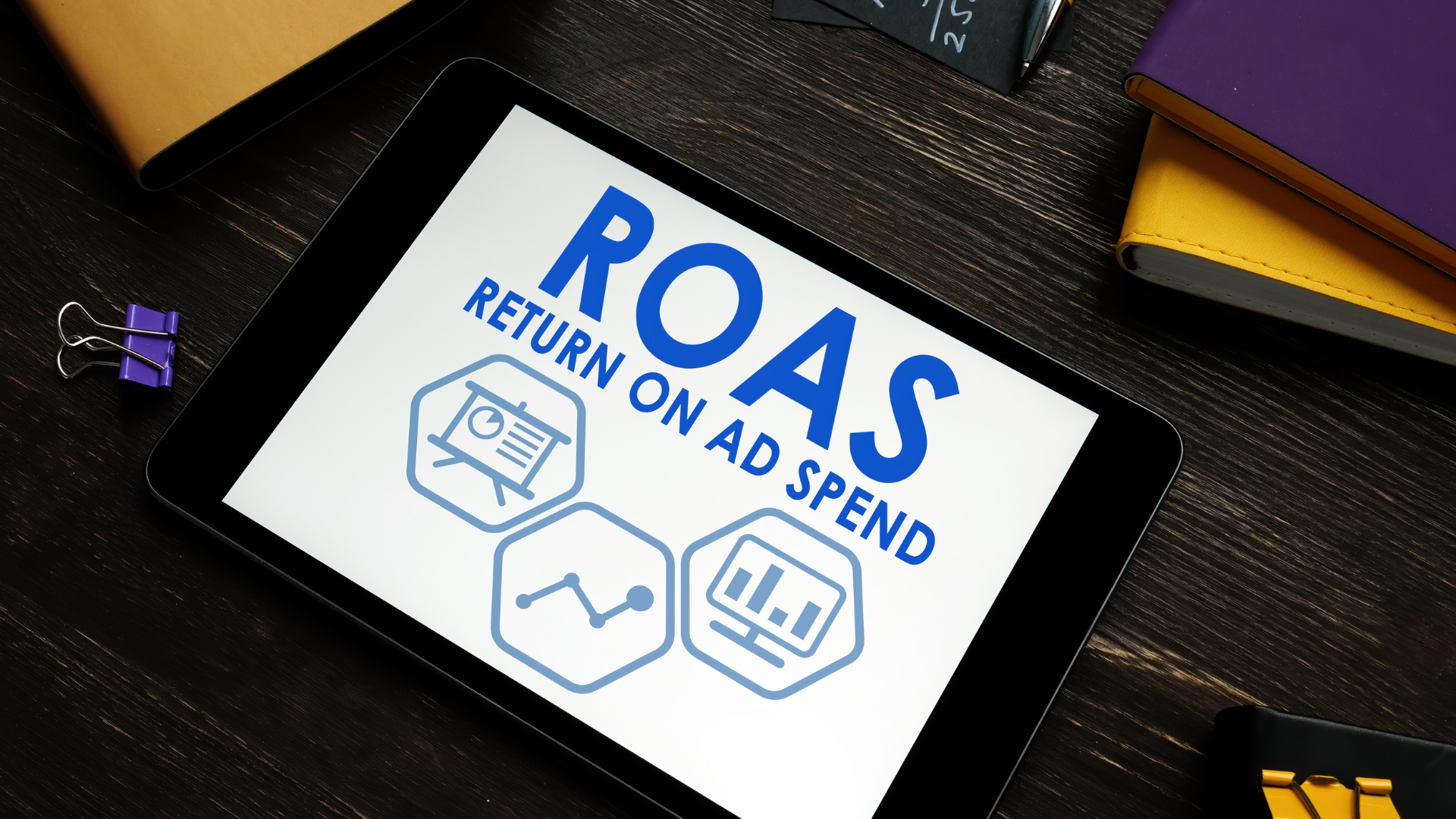Capitalism has conditioned us to believe that growth is always the answer. We want to grow our businesses, grow our bank accounts, and grow as individuals. But what if this isn't healthy? What if capitalism's need for infinite growth is actually holding us back from being happy, taking time for ourselves, and letting go?
If you're a small business owner, you've likely been hit with a wall of fear when you see stagnant growth. Maybe last month's revenue was the same, or less, than the month before. Maybe your growth "plateaued" and you've been trying to figure out why. Capitalism says this stagnation is bad, so you start to wonder if your business will fail.
Even enterprise businesses fall victim to growth addiction. Think of the bakeshop that made Inc.'s "500 fastest-growing companies" list, only to close all 48 of its stores a year later. Or, the ICT consulting company that grew 600% in one year, then filed for bankruptcy immediately. Both of these companies prioritized growth over holistic success and instead of winning capitalism, they lost their business entirely.
Money mindsets, growth mindsets, and capitalistic interest can only take you so far. At some point, sustainable growth can only be accomplished by focusing on what's best for the people who make up your business, not just numbers.
Capitalism and growth: a love story
Capitalism loves growth. Why? Because capitalism is all about money. If the economy grows continuously, it's easy to provide investors with high returns, which in turn provides more money down the line. More money, more growth, more money, more growth.
This cycle of quick growth keeps capitalism alive, but it also feeds into a dangerous mindset: infinite growth.
A growth mindset is a good thing, but only if you can turn it off. You want to grow your business and make money to live the life you want. But, making as much as possible can become addictive, turning into an obsession where you're not okay standing still.
The truth is infinite growth is unsustainable. The idea works in theory, but capitalism can't take into account externalities that damage our environment, our peers, and our businesses. If everything grows unchecked, then infinite growth will consume every resource on the planet, until it, and we, cease to exist.
This doesn't have to be the case. If you are wanting what is best for the environment, or the sustainability of the economy and your business, having the mindset of finite growth might actually be the best option.
Exploring finite growth
Finite growth is a mindset that does not require businesses to exponentially grow. It also means acknowledging limits and having a sustainable relationship with your business, customers, employees, suppliers, investors etc., instead of one where you are always trying to find more people or resources.
Finite growth means understanding that your business is valuable in its current state. It might not be the biggest or best, but you are making a positive impact on your customers and community without taking from them to keep growing.
Taking growth out of capitalism
We don’t want this blog post to come across as anti-capitalism. Because, hey, we're business owners too. But we want to give you a different view. We believe capitalism can make the world will be a better place if its done right.
In order to change, capitalism needs to move away from individualism and greed-driven thinking. We need to move towards an egalitarian mindset concerned with everyone's well-being at their respective levels. This is what social responsibility in capitalism looks like: when growth benefits all members involved rather than just the few who are on top.
Does this mean you can't make money? Can't open a new location? Can't bring on more staff? No. It means you don't have to. Holistic growth is about making the best use of what you already have and being okay with where that leads you.
Where do we go from here?
When we prioritize infinite growth as capitalism does now, we put ourselves at risk for poor decision-making that could potentially hurt those involved. This can be as simple as losing your best employees or as complicated as going bankrupt.
So, what can you, as a business owner, do?
First, consider the ways you approach growth. Do you think it is always better to grow, and that growth itself will solve all of your problems? If so, there's a chance you're caught up in infinite growth.
Second, examine the costs associated with growing at any given time. Is now an appropriate time for growth or are things working just fine as they are? You don't want to make a decision that will leave your company in the hole.
Third, if you do decide growth is right for you and your business, make sure it's sustainable. Growth should not come at all costs; otherwise, you'll end up like the famous toy store that had to close its doors.
If you do decide to grow, onsider how you're going to handle it. What will your business look like if it grows? Will people be happy with the changes, or do they want things to stay the way they are? How would this affect employees and their needs?
As well, think of ways that not-growing could improve customer service, product lines, and internal capacities. Imagine a scenario in which your business is healthy but stays the same.
At Brandcamp, we’re committed to sustainability at all levels. We let our teams work remotely so they don’t waste resources commuting. We work with non-profit organizations and charities that promote sustainable food chains, inclusivity, and hope. And yes, in our first year of business, we grew. We added team members, we serviced customers in new locations, but we kept true to ourselves and to our goals.
Want to learn more about what sustainable growth looks like for your business? Reach out, let’s chat.



.png)
